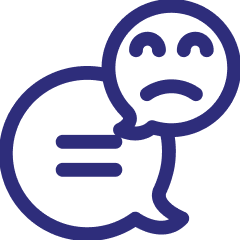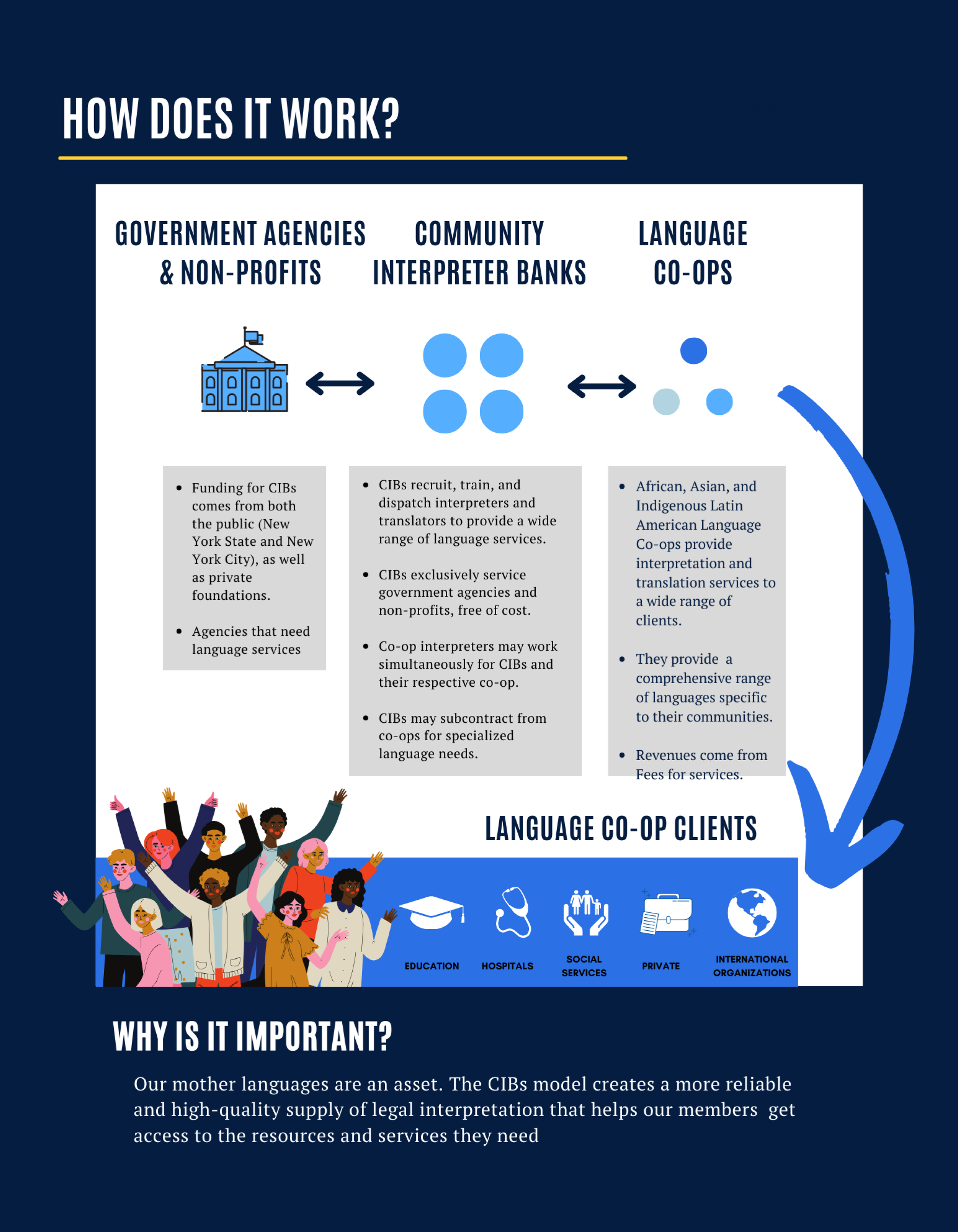BACKGROUND
2023 NYC Language Access Campaign
While New York City took an important step toward expanding language access in 2017 with passage of the Language Access Policy (Local Law 30), there are still significant barriers to language access for New York’s immigrant communities, particularly those who speak languages of limited diffusion (LLDs). LLDs include African languages, many Asian languages, and indigenous Latin American languages.
THE ISSUE
City-funded nonprofit immigration legal service providers and City agencies are overly dependent on telephonic interpretation services.
3 Reasons Why Telephonic Interpretation Services don’t work
Remote Limitations
〰️
Unprofessional & Expensive
〰️
Interpreter Mismatch
〰️
Remote Limitations 〰️ Unprofessional & Expensive 〰️ Interpreter Mismatch 〰️
Less desirable than in-person interpretation, particularly for complex and sensitive cases.
Cannot meet the demand for LLDs, some interpreters are poorly trained or unprofessional, and services are expensive.
Clients complain they are connected with interpreters who do not speak their language.
What we are Demanding
Campaign Proposal
We propose that the City provide funding to a community-based nonprofit organization to set up a Community Legal Interpreter Bank and recruit, train, and dispatch legal interpreters.
City-funded immigration legal service providers will then request interpreters from the CIB for legal services where they lack language capacity, and receive these services free of charge, up to a set number of hours, from the CIB.
We propose that the City fund immigrant community-based organizations to develop and launch three language services worker-owned cooperatives--one for African LLDs, one for Asian LLDs, and one for indigenous Latin American LLDs.
2023 Victories
New York City Council funded to develop NYC Interpreter Bank ($1M of this funding was reallocated to Welcome NYC initiative)
2.2
Million
Development of an Incorporation Interpreter Co-operatives (Additional CBOs like Mixteca, La Colmena, and La Red De Pueblos Transnacionales were also funded)
2.8
Million
Interpretation and translation service requests were provided to a total of 16 city agencies and CBOs
982
ACT successfully incorporated and launched a worker Co-op Afrilingual, LLC the first African language worker cooperative
1st
Languages represented: AAF = Arabic, Bengali, Chinese, Korean and Urdu
ACT = Arabic, French, Wolof, Fulani, Mandingo/Bambara/Dioula, Ewe/Mina, Moore
Masa = Mixteco, Tlapaneco, Zapoteco, Nahuatl, Kichwa, Mam and Spanish
19
5,495
Community members were engaged in FY 23
Trainings/workshops were held, with over 345 hours completed, focused in the areas of business development, legal, finance, marketing, co-op development training, bookkeeping, ITIN, tax, digital literacy, ESOL, interpretation, trauma-informed interpreting, and medical interpreting
106







